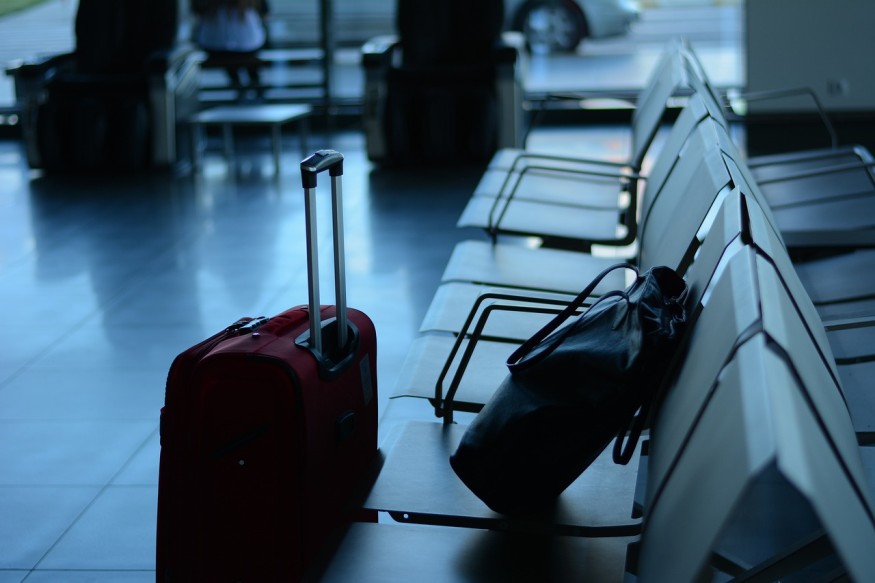A survey found that about half of 217 global companies have cut their business travel emissions by over 50% since 2019, favoring virtual meetings and trains over flying.

Business Travel Emissions Decline as Companies Fly Less
Business travel emissions have dropped significantly. As shared by investing.com, a recent survey shows that almost half of 217 large companies around the world have cut their air travel carbon emissions by 50% or more since 2019. This big change happened because, after the COVID-19 pandemic, these companies started using video calls and trains more than airplanes for business trips.
Even though travel for fun has picked up, business trips by air are still much less than before the pandemic. Some companies, like SAP, PwC, and Lloyd's Banking Group, have even reduced their air travel emissions by over 75%.
However, 21 companies have increased their flying more than they did in 2019. This increase in air travel raises concerns about the environment. Experts say we need to cut business travel emissions in half this decade to help stop the earth from getting too warm, as the report stated.
Read Also : Get Ready for the Rush: Holiday Travel Soars to New Heights with 115 Million On the Move
Airline companies are worried that less business travel could hurt their profits. Before the pandemic, business trips comprised a big part of their income. Now, airlines are trying to attract more people who travel for fun to buy expensive seats.
The drop in business travel emissions shows a change in how companies think about travel. While it's good for the environment, it's also changing the airline industry.
Business Travel Emissions: A Major Concern as Recovery Stalls
The world of business travel is facing challenges this year. A key issue is the rise in business travel emissions, as companies are pressured to reduce their carbon footprint. Recent reports show that the recovery in business travel has slowed down. This is due to high prices for premium flights and big companies focusing on reducing carbon emissions.
In Europe, the three major airline groups have seen a decrease in business travel growth. According to the Financial Times, their earnings reports show a drop in the recovery rate in corporate travel. Airline bookings have stayed the same in the USA in the past year.
The Global Business Travel Association and CWT data reveal that the average premium-class airfare has increased significantly. The price rose from $3,666 in 2019 to $4,395 this year. These are the highest increases ever recorded.
JetBlue's CEO, Robin Hayes, mentioned in a recent call that the industry might never see business travel return to previous levels. Similarly, the heads of British Airways, Air France-KLM, and Lufthansa have noted a decline in bookings from corporate customers.
In contrast, leisure travel has seen an upswing, helping to offset the decrease in business travel. However, this trend might only continue for a short time. The rise in business travel emissions is a concern for many companies. They rely more on video calls and other virtual meeting methods to reduce travel. This approach helps save time, money, and, importantly, reduces emissions.
Large firms like KPMG and HSBC have reported significant reductions in their air travel-related emissions. They are implementing new policies like carbon emissions estimates for corporate trips and choosing rail travel over air for certain routes.
Overall, the future of business travel remains uncertain. The industry, worth $1.2 trillion annually, is crucial for airlines and hotels. But with rising costs and environmental concerns, the focus on reducing business travel emissions is more important than ever.
Related Article : Denmark Sets Green Tax on Air Travel for Eco-Friendly Shift by 2025
This article is copyrighted by Travelers Today, the travel news leader




